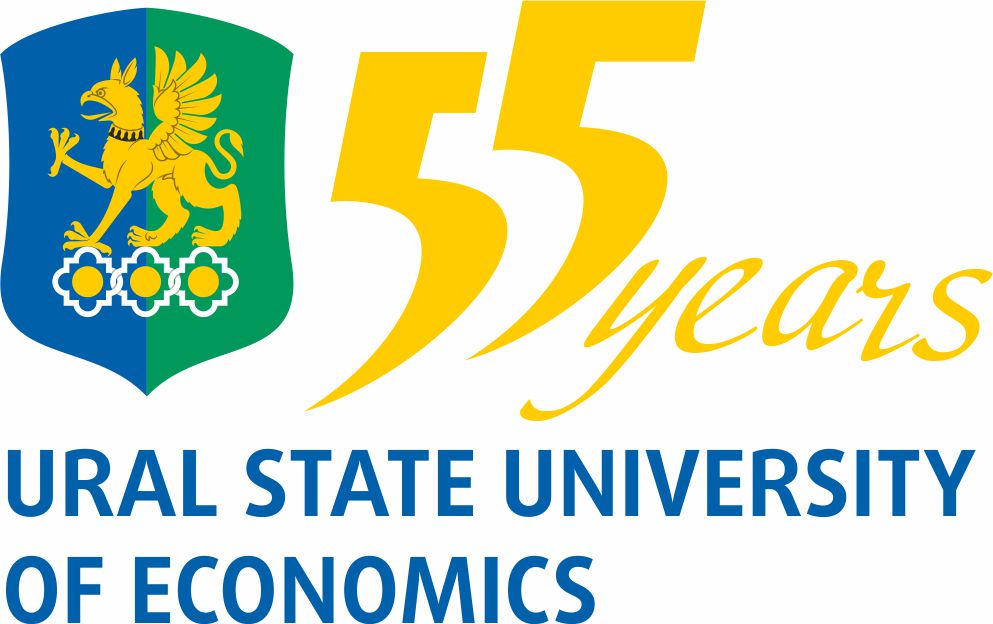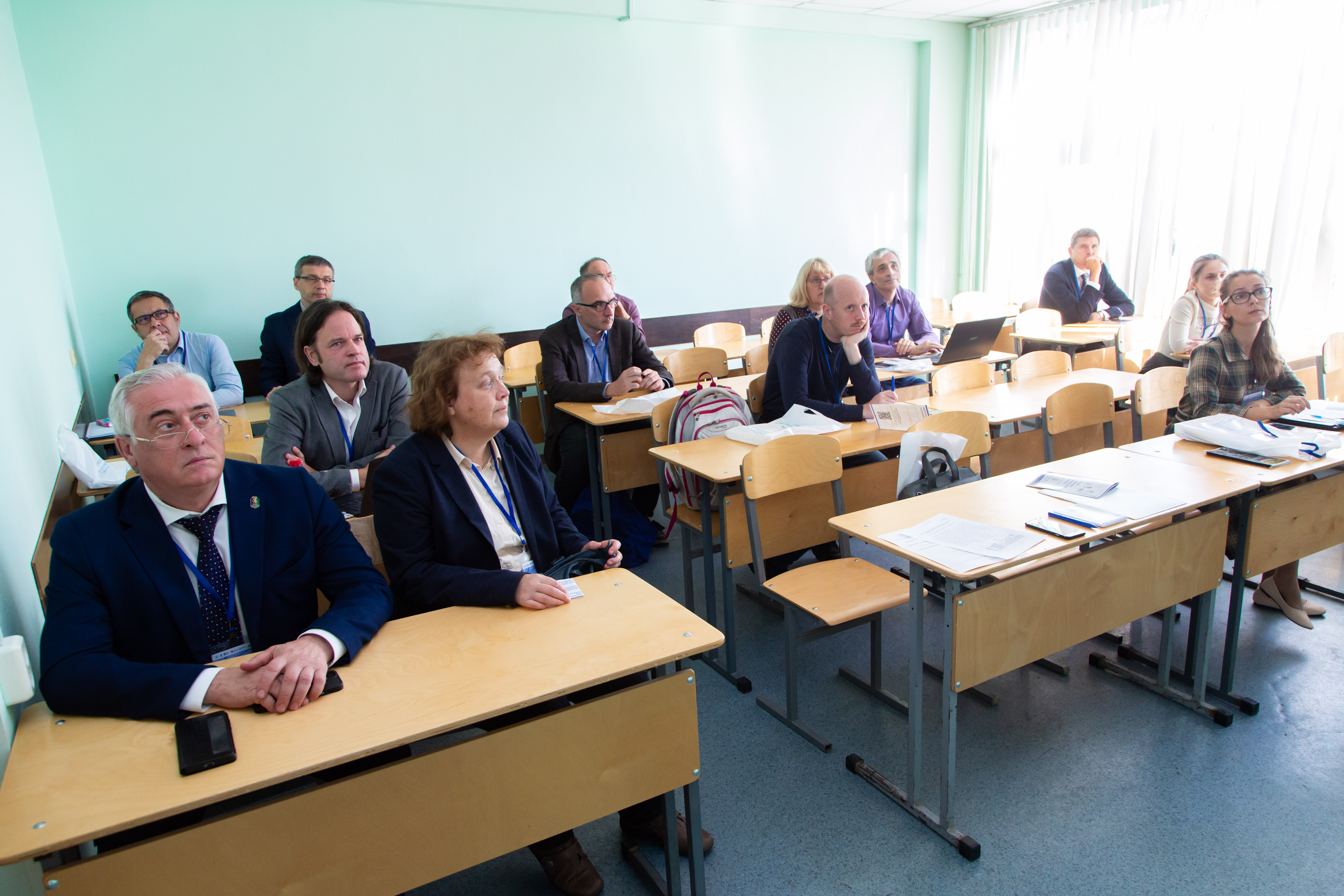 See other releases of corporate mass media
See other releases of corporate mass media
The success of import substitution under sanctions
Within the V Russian Economic Congress, a discussion took place on the macroeconomic issues of the Russian economy and the impact of sanctions pressure from unfriendly states.
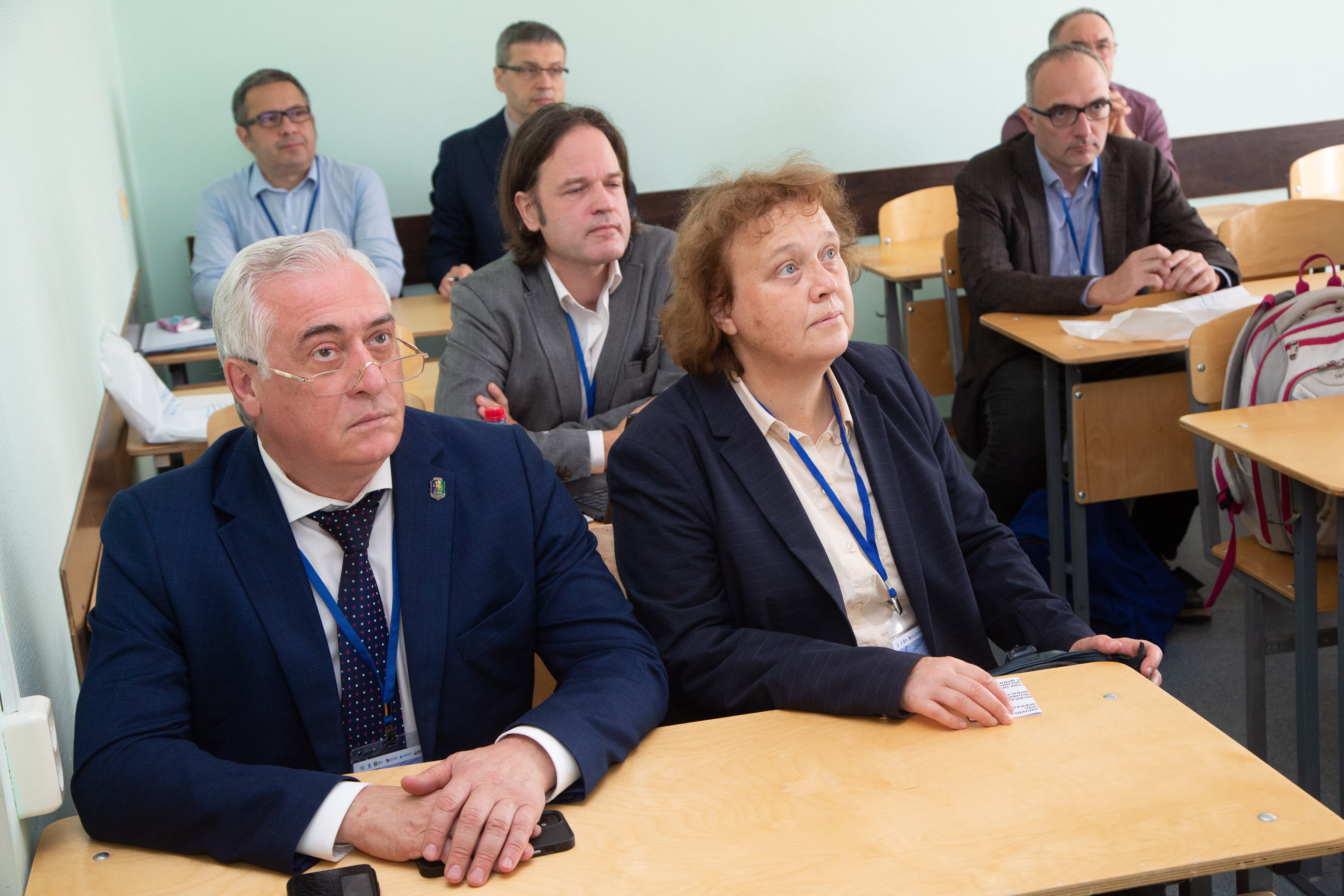
Representatives of the Institute of National Economic Forecasting under the Russian Academy of Sciences, the Institute of Energy Problems, the Moscow School of Economics of Lomonosov Moscow State University, Ural State University of Economics, and others were actively involved in the discussion. During the session, analytical reports were presented on topics related to the relationship between demography and macroeconomic indicators, the introduction of new technologies and economic growth, assessments were given of the results of investment policy of the state and that of private business, and possible risks and challenges of our time were voiced.
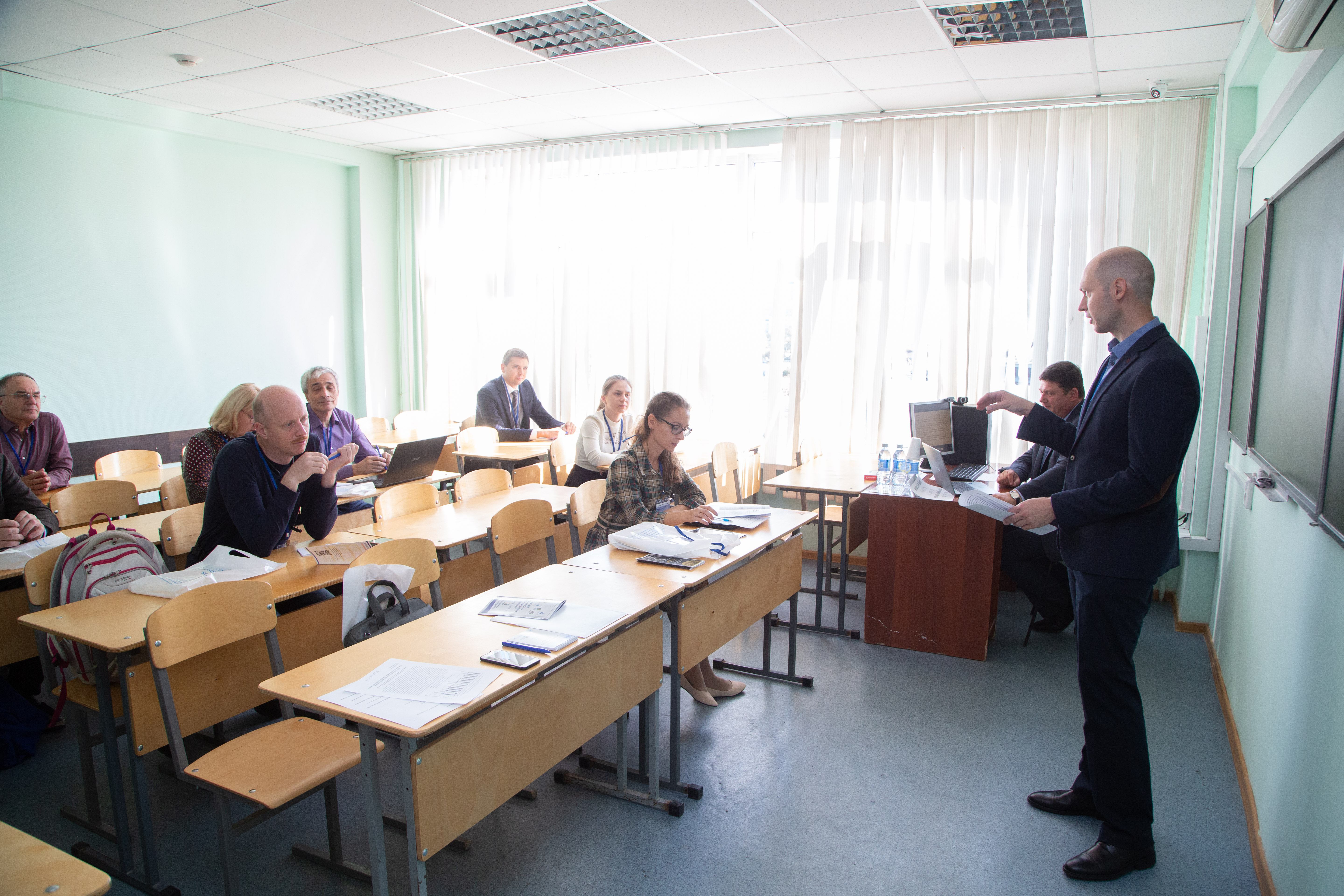
Summing up the dialogue, the moderator of the session “Macroeconomic problems of the Russian economy”, Doctor of Economic Sciences, Director of the Institute of Economic Forecasts under the Russian Academy of Sciences, Alexander Shirov, noted: “The Russian economy is successfully implementing an import substitution program under conditions of limited technology imports. This is largely due to private business.”
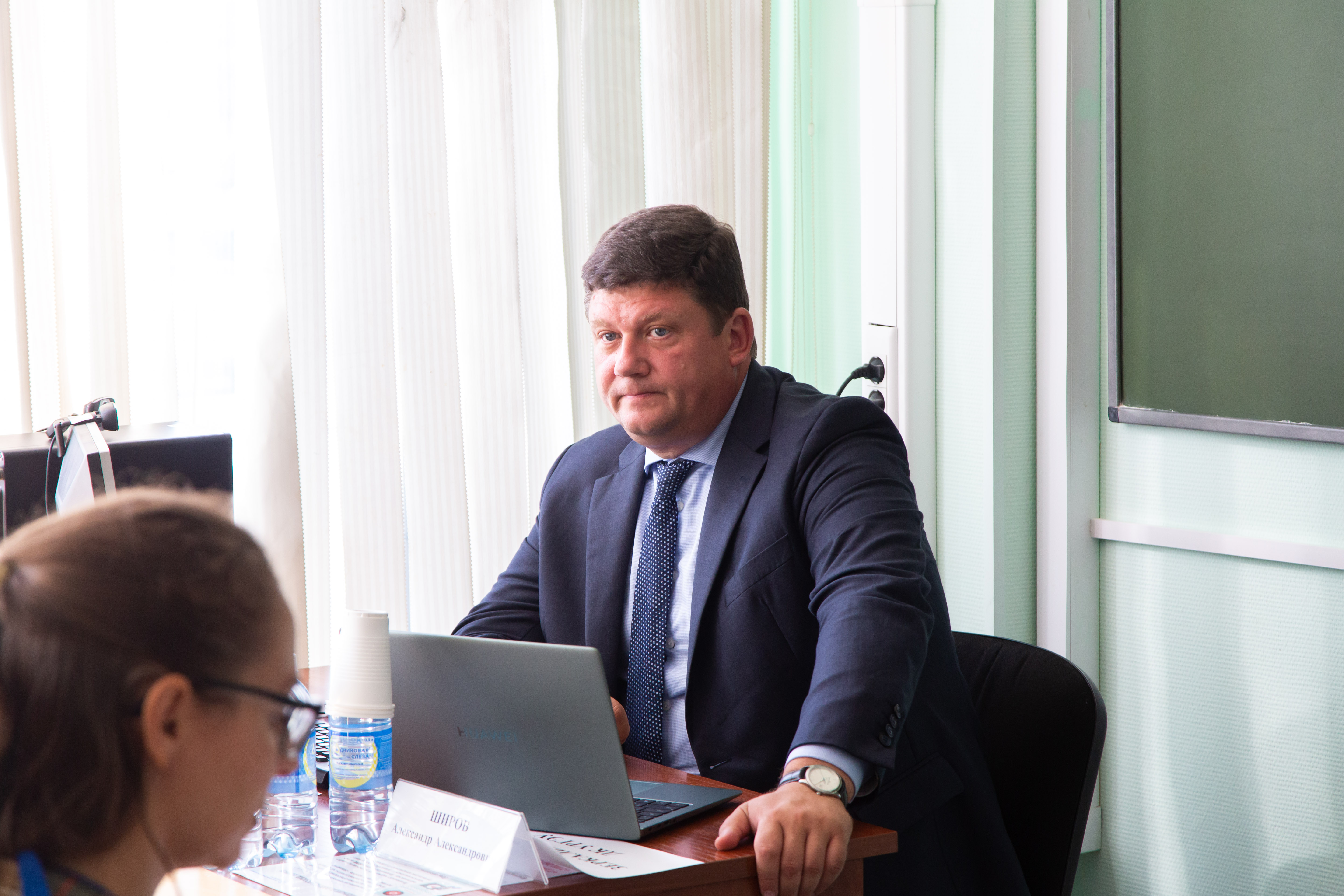
At the same time, due to high inflation for food, housing and communal services and transport, the Russian economy risks falling into the trap of a stable consumption structure, in which these areas of household spending dominate, limit and restrain the growth of other sectors of production and services. Statistics show this trend is typical for all segments of Russian society, regardless of social status and income level. If this situation is not corrected, the growth rate of the Russian economy may slow down. A smart investment policy and economic development planning will help solve this problem.
According to Alexander Shirov, the existing policy of the “ruble floating exchange rate” and high key rate of the Bank of Russia limit the development potential of the domestic economy. In terms of growth, Russia's GDP indicators may be even lower than the predicted values of 1.8-2.8%.
The level of required government participation and influence in this process remains an open topic for further discussion on the sidelines of the V Russian Economic Congress.
